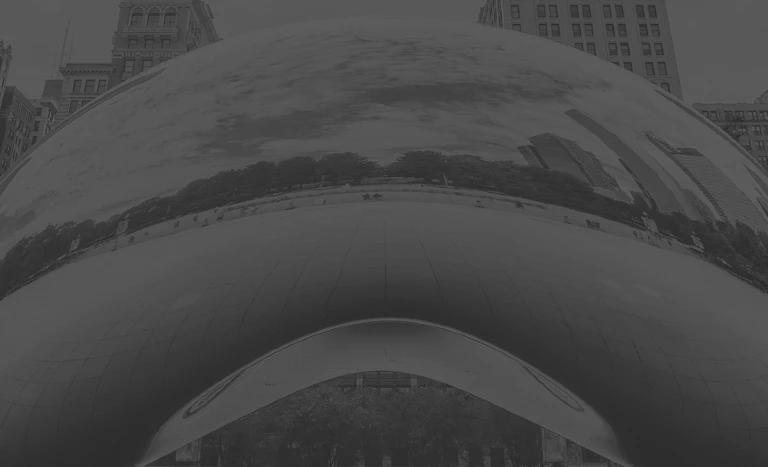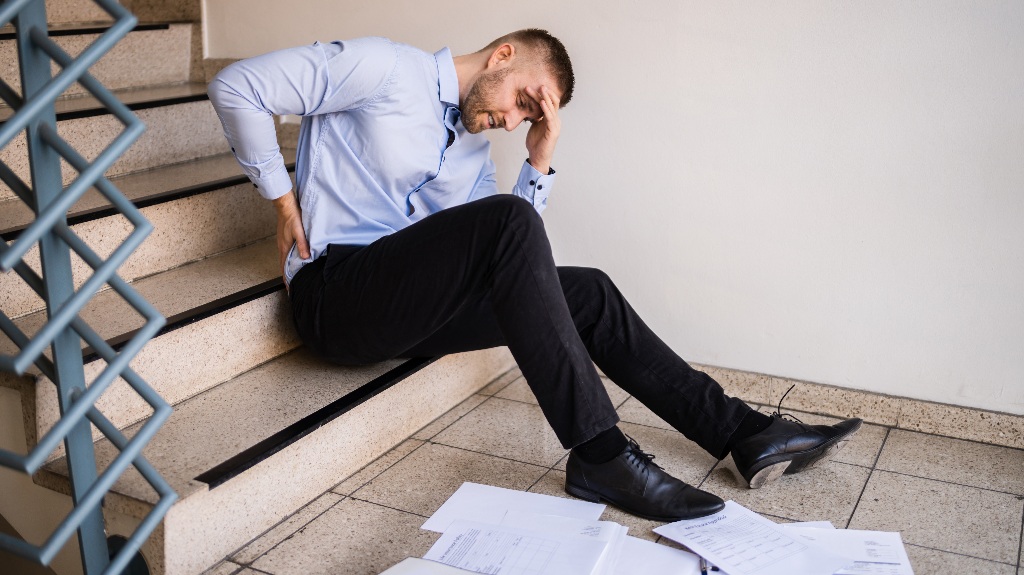Injured at Work vs Public Property: How Slip and Fall Claims Differ
A slip and fall can happen anywhere, whether on a freshly mopped floor at your workplace or an icy sidewalk outside a grocery store. While the injuries might feel the same, the legal process that follows depends heavily on where the accident happened. Many people are surprised to learn how different workplace claims are from those involving accidents on public or private property.
If you are facing medical bills and time away from work after a fall, Attorney Michael J. Brennan can help. Reach out today for a free legal consultation and guidance on the path forward.
Slip and Fall Claims at Work
When a slip and fall occurs at work, the case generally falls under workers’ compensation law. In Illinois, most employers are required to carry workers’ compensation insurance, which is designed to cover employees injured on the job.
Workers’ compensation benefits often include payment of medical bills, partial wage replacement while you recover, and in some cases, compensation for long-term or permanent injuries. The important thing to remember is that workers’ compensation is usually a no-fault system. You do not need to prove that your employer did something wrong in order to receive benefits. Even if you slipped because you were distracted, you may still be eligible.
The tradeoff is that workers’ compensation usually prevents you from suing your employer for pain and suffering. Instead, your recovery is limited to the benefits provided under the workers’ compensation system.
How Slip and Fall Claims Work on Public or Private Property
Now compare that to a slip and fall that happens in a public place or on private property, such as a supermarket, apartment complex, or parking lot. These cases are usually handled through premises liability law, which is very different from workers’ compensation.
In a premises liability claim, you must prove that the property owner or manager was negligent. That means showing they knew or should have known about the dangerous condition, such as a spill, uneven flooring, or icy walkway, and that they failed to address it in a reasonable amount of time.
Unlike workers’ compensation, a premises liability claim allows you to seek broader damages. You can pursue compensation not just for medical expenses and lost wages, but also for pain and suffering, emotional distress, and loss of quality of life. However, because negligence must be proven, these cases often take longer and can involve more disputes over liability.
Key Differences Between Workplace and Public Slip and Fall Cases
While both types of cases involve falls and injuries, the differences in how they are handled are significant:
- Fault Requirement: Workplace cases usually do not require proof of fault, while public property claims depend on showing negligence.
- Type of Compensation: Workers’ compensation provides medical care and partial wages but does not cover pain and suffering. Public property claims can include both economic and non-economic damages.
- Legal Process: Workers’ compensation cases are handled through an administrative process. Public property claims are typically filed in civil court and may involve settlement negotiations or trial.
- Defendants: At work, your claim is generally against your employer’s insurance. On public property, you may be filing against a business, property owner, or even a municipality, which can add complexity.
Understanding these differences can help you avoid mistakes and make informed decisions about your claim.
Why Legal Guidance Matters After a Slip and Fall

Slip and fall accidents are not just about medical recovery. They are also about navigating complex systems that are often stacked against the injured person. Employers and insurance companies may try to minimize benefits, while property owners often deny responsibility or argue that the hazard was obvious.
An experienced slip and fall attorney can gather evidence, negotiate with insurers, and build the strongest possible case on your behalf. Whether your fall happened at work or in a public place, you should not face the legal system alone. Having the right advocate can be the difference between limited compensation and a recovery that truly supports your needs.
Protecting Your Rights After a Slip and Fall
Falling at work and falling on public property may feel the same in the moment, but the legal claims are very different. Workers’ compensation offers no-fault benefits but limits recovery, while premises liability cases can allow for broader damages but require proof of negligence.
If you were injured in a slip and fall, you deserve clear answers about your rights and options. Attorney Michael J. Brennan has the experience to guide you through either type of claim and fight for the best outcome possible. Do not wait to get the help you need. Contact Michael J. Brennan today for a free legal consultation and take the first step toward protecting your future.


